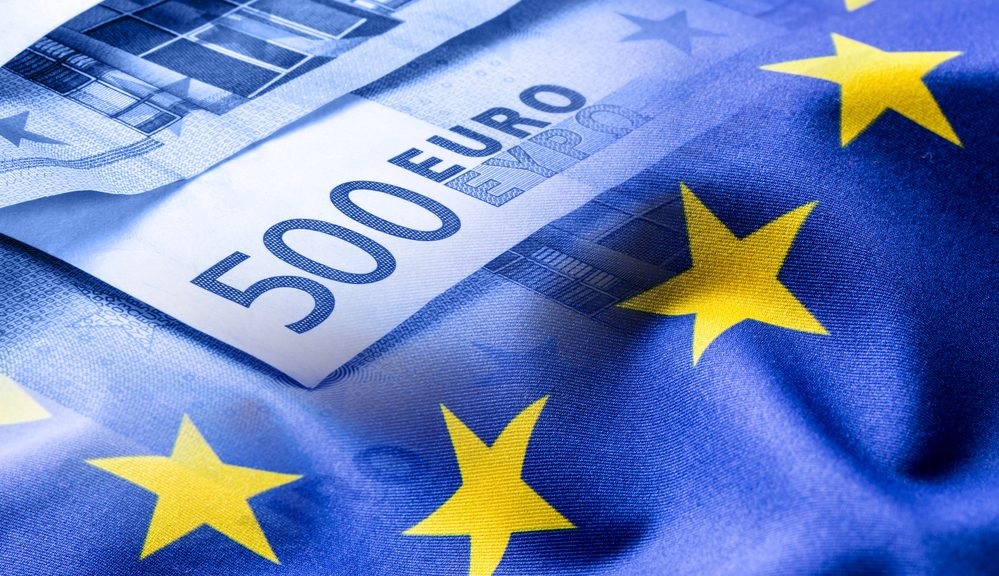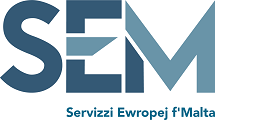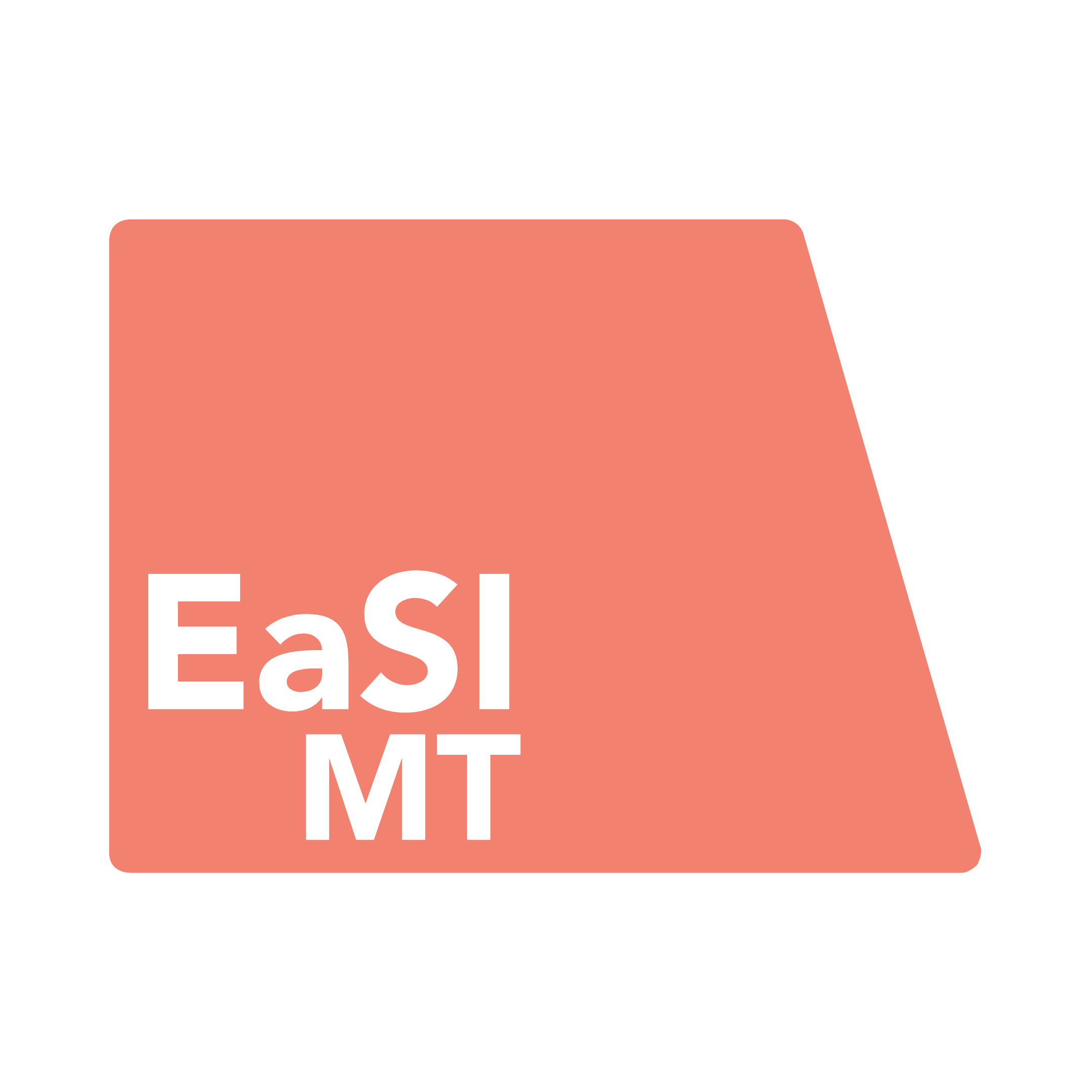€817 Million in EU Cohesion Funds for Malta
Funds to support a more competitive, inclusive, green, and digital economy

Malta will benefit from €817 million in Cohesion Policy funding as part of the 2021-2027 long-term EU budget to support the sustainable development of its economy as set out in the Partnership Agreement just adopted by the European Commission.
Cohesion Policy is the European Union's strategy to promote and support the ‘overall harmonious development’ of its Member States and regions. It aims to correct imbalances between countries and regions. It delivers on the Union's political priorities, especially the green and digital transition.
Cohesion Policy investments during this period will further contribute to address the disparities in the country and make the Maltese economy more innovative and competitive.
EU funds will support Malta’s green transition and energy security and its digital transformation. It will improve people's skills, employment and social inclusion.
Green transition, energy security and competitiveness
€417 million from the European Regional and Development Fund (ERDF) and the Cohesion Fund will contribute to make small and medium businesses become more innovative, digital and competitive, and boost a smarter and low carbon economy.
An important share of the funds will be invested in ensuring energy efficiency and energy storage capacity in the country thanks to the development of a second electricity interconnector to Italy in the form of a high-voltage submarine cable. This will increase electricity supply and security and help reduce greenhouse gas emissions.
Moreover, €23.3 million from the Just Transition Fund (JTF) will be invested in electricity power supplies to help decarbonizing the Grand Harbour and Malta Freeport.
An inclusive labour market, education and healthcare
Young people and women will have better access to employment thanks to over €124.4 million under the European Social Fund Plus (ESF+). This fund will also support innovative teaching methods and learning tools, inclusive education for vulnerable groups, such as children with disabilities, and education in the green and digital transition fields.
Moreover, Malta will support active inclusion, equal opportunities and non-discrimination of disadvantaged groups, such as persons with disabilities. Food aid will also be offered to the most deprived. In addition, Malta will invest in its health systems, by providing training to workers in healthcare, social protection and care, rolling out awareness-raising campaigns on healthy lifestyles and wellbeing, and investing in health research.
Sustainable fishery
€21.8 million from the European Maritime, Fisheries and Aquaculture Fund (EMFAF) will foster the growth of a sustainable blue economy, improve the resilience of the fisheries sector, and facilitate the sector's green transition by restoring and conserving aquatic biological resources and promoting sustainable aquaculture.


